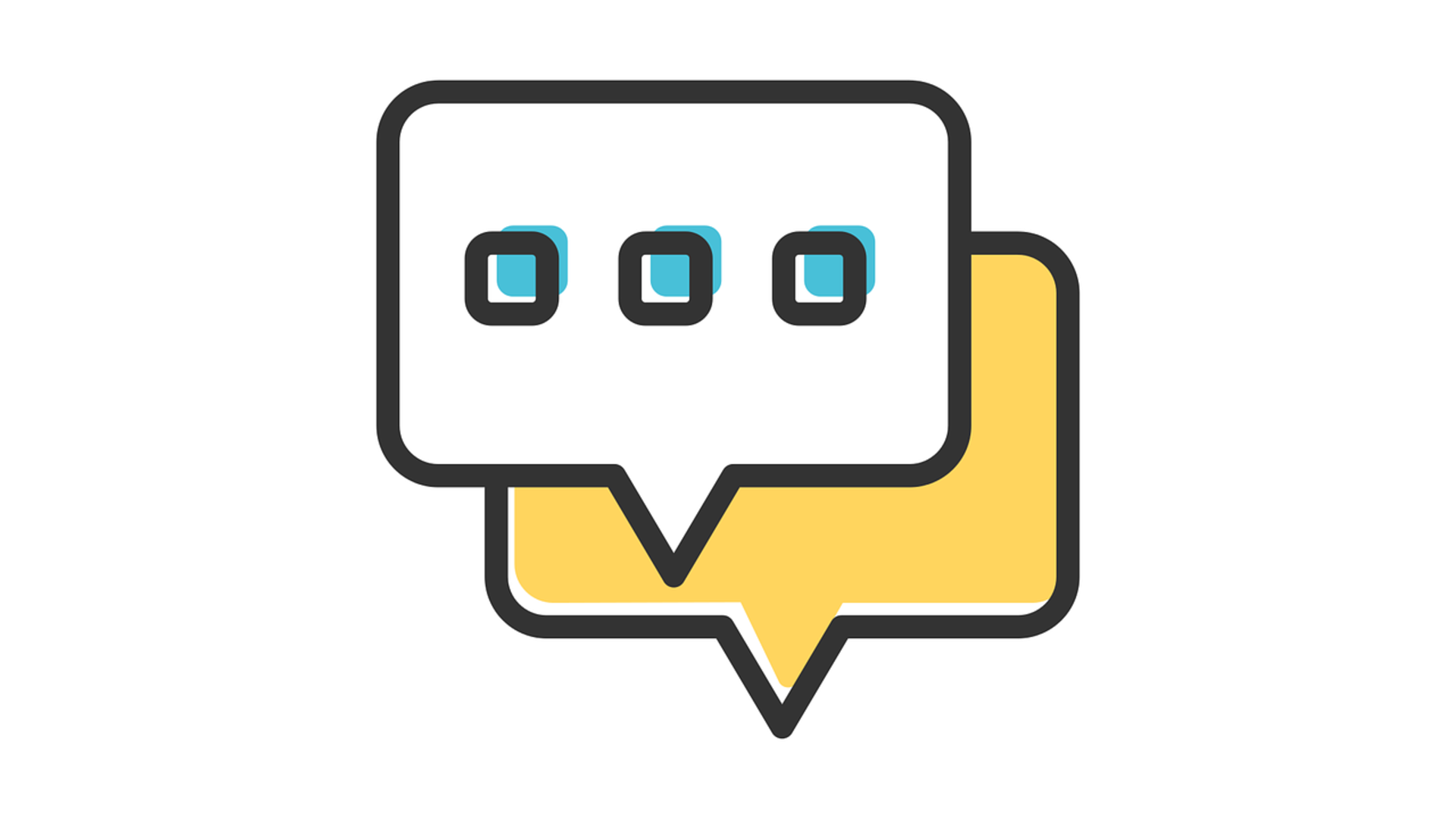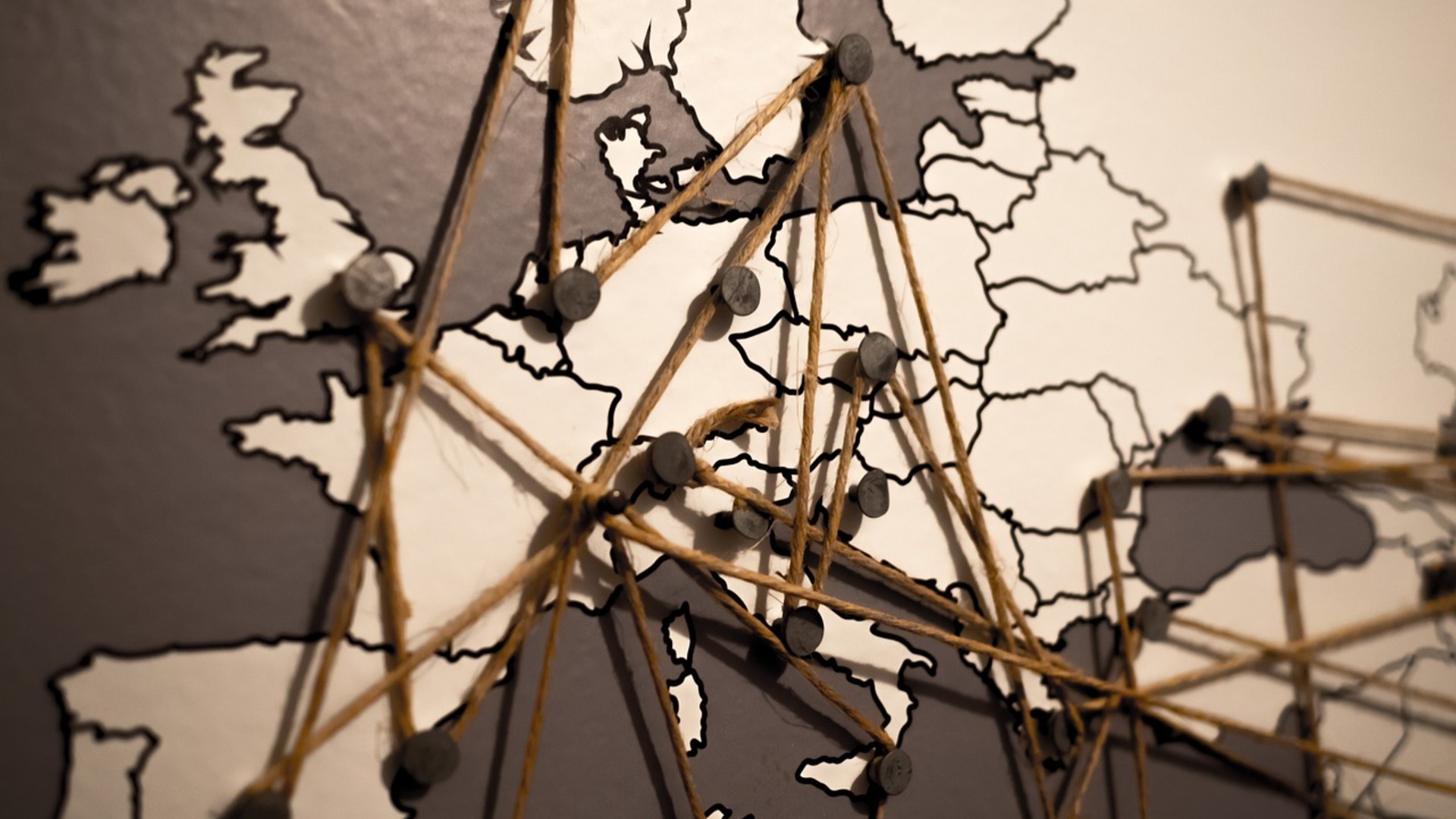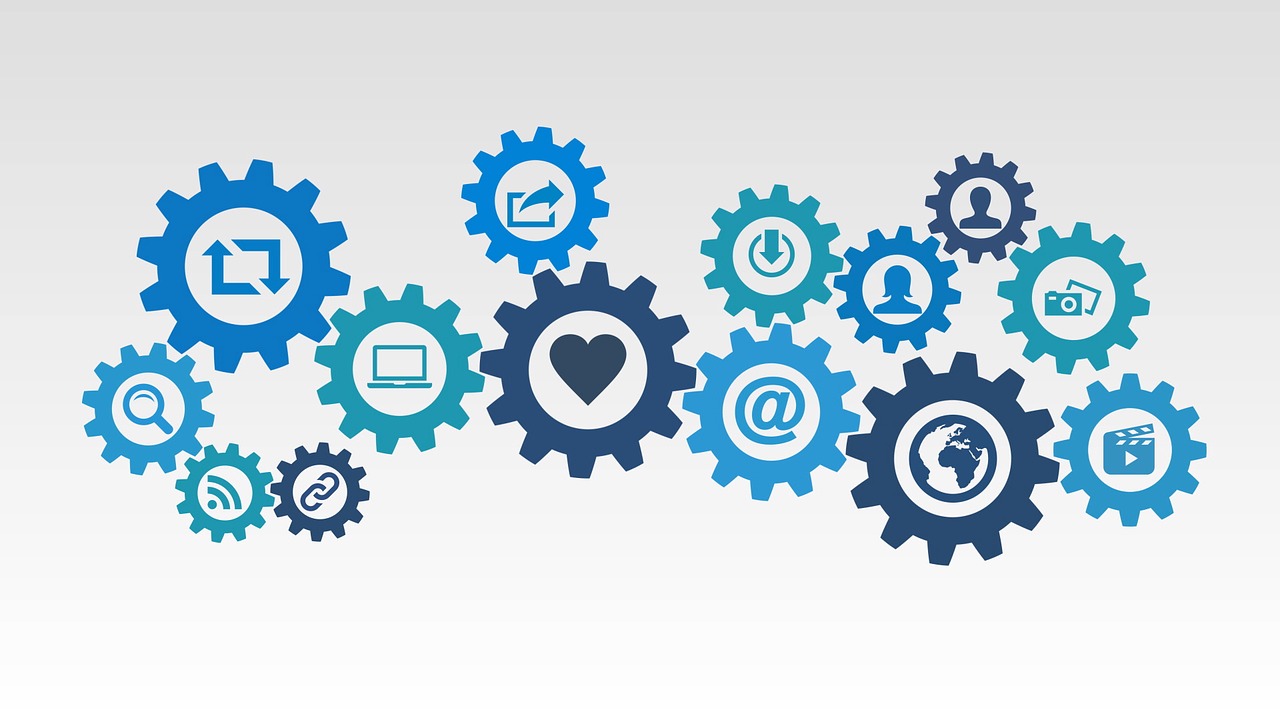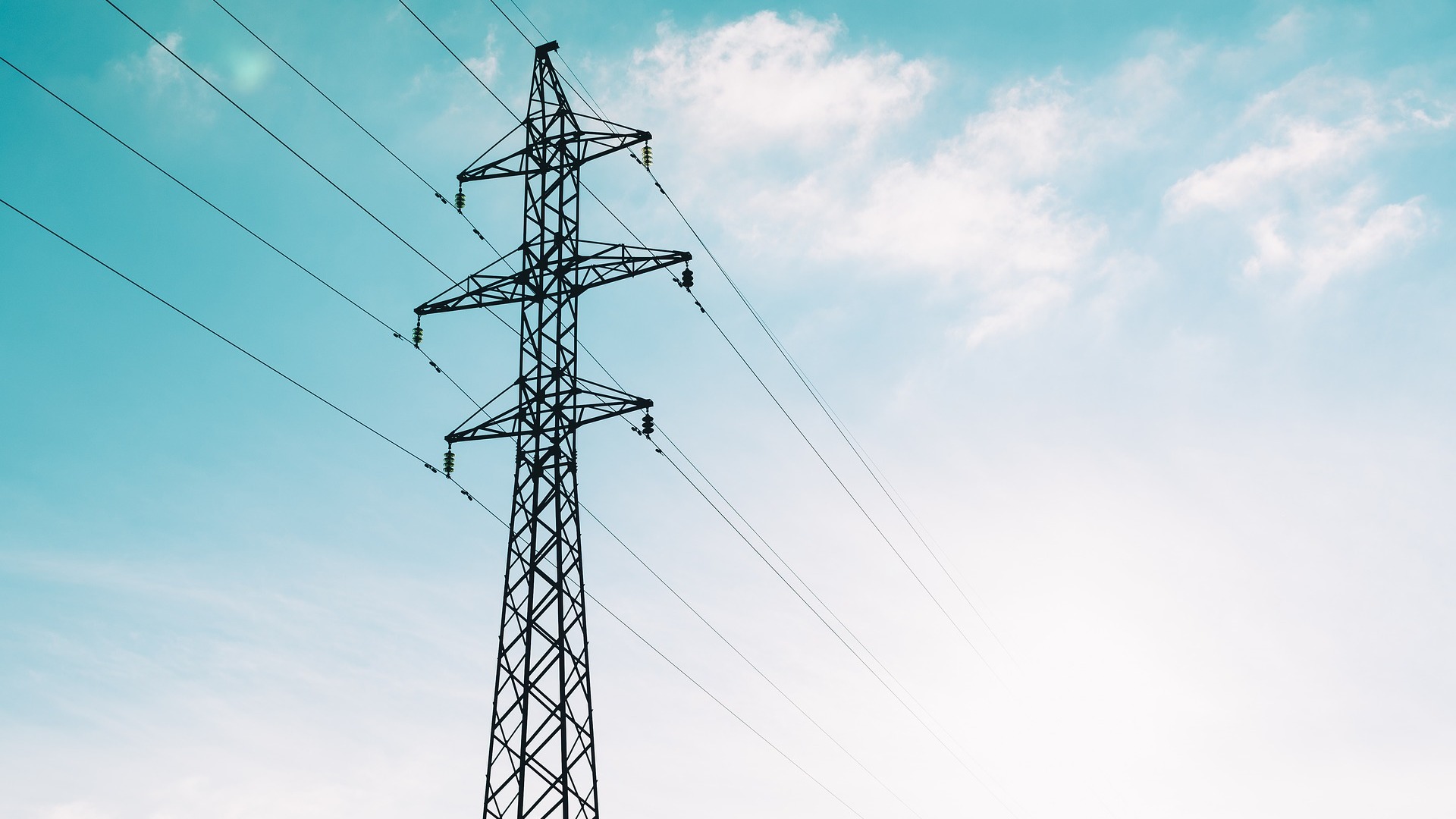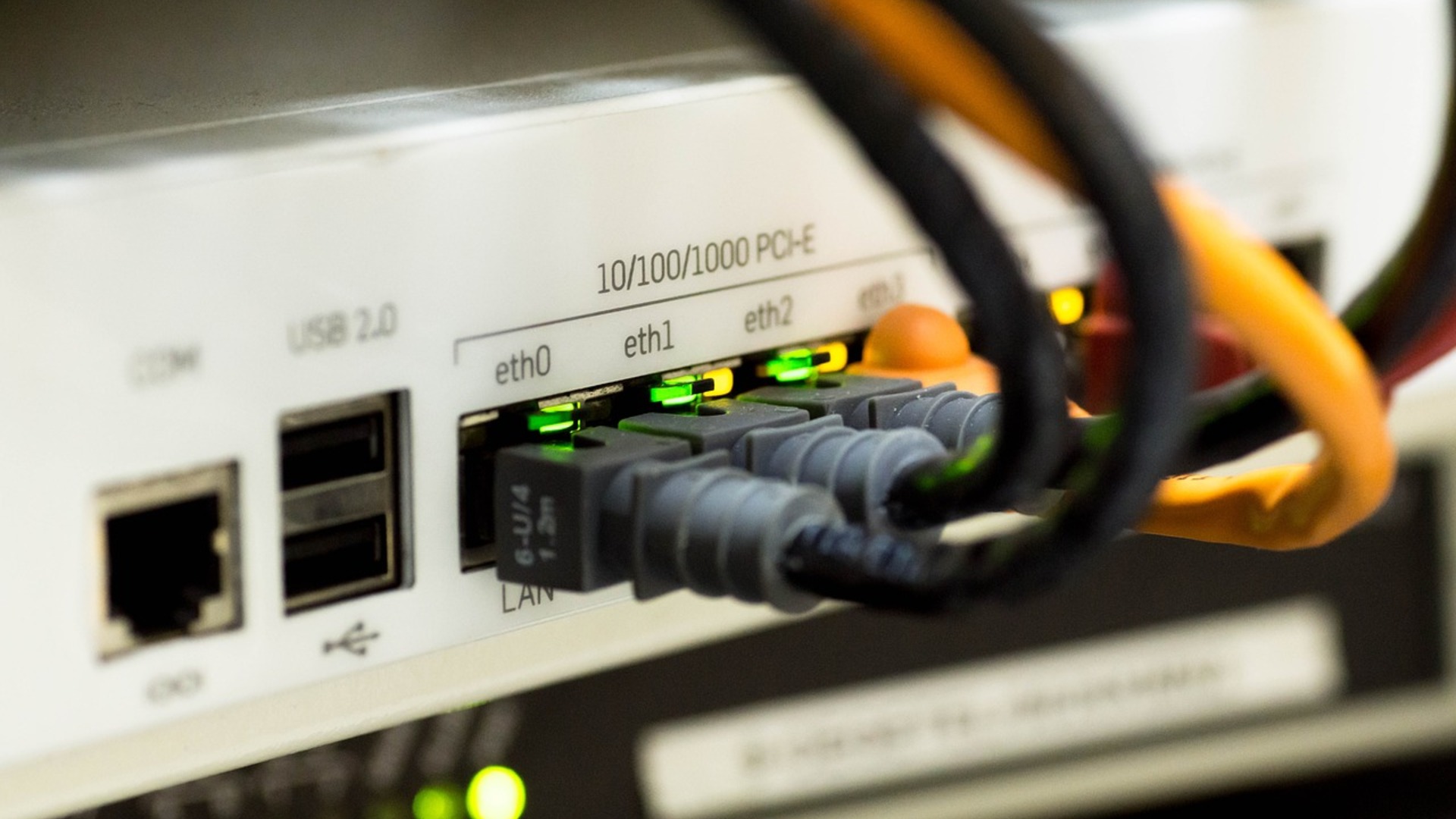We're Censoring Our Own Reality
The Internet is a place where freedom of speech reigns; except where it doesn’t. While everyone is free to share their thoughts, in whatever form they take, most sites impose limits on what can be shared. This isn’t necessarily a bad thing; unlawful or hateful content don’t share a platform with lawful free speech. Sites usually explain what’s acceptable to share in their Terms of Service or equivalent document normally written in more pages of legal language than any normal person would ever care to read. These limits don’t stop everything and sites rely on users to report unacceptable content, which invites human moderation or prompts the site to automatically take things down.
Content moderation invites problems as much as it solves others. Algorithms that try to moderate content automatically are not perfect. YouTube, for example, has been combating videos that are built to make it through...
